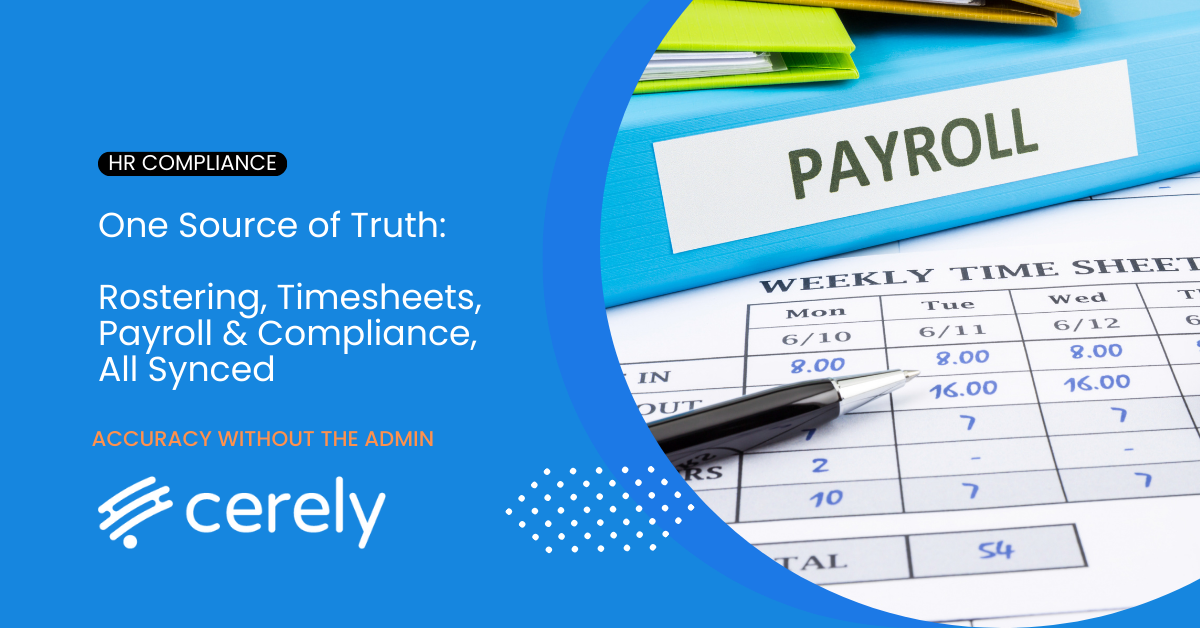From 1 July 2025, the Superannuation Guarantee (SG) rate in Australia will rise from 11.5% to 12%. This is the final step in a series of legislated increases aimed at boosting retirement savings for Australian workers.
While this is a positive move for employees, it carries cost implications for businesses — particularly in the Security industry, where large workforces, award rates, and tight profit margins are common.
What’s Changing?
The SG rate is the minimum percentage of an employee’s ordinary time earnings (OTE) that must be paid into their super fund. From 1 July 2025, this rate increases to 12%. The change applies to all eligible payments made on or after that date, regardless of when the work was performed.
Key Actions for Security Businesses
While most modern payroll systems will update the SG rate automatically in line with legislation, businesses still need to prepare — particularly in relation to financial planning and client billing.
1. Review Contracts and Margins
With superannuation increasing to 12%, security businesses should assess whether existing margins can absorb the added cost — or if a charge rate increase is required.
For many, even a 0.5% rise in on-costs can significantly impact profitability, especially when combined with other rising expenses like award rate increases.
Now is the time to:
- Review current client contracts and charge rates.
- Identify if adjustments are needed to maintain healthy margins.
- Proactively plan how the cost increase will be managed — either absorbed internally or passed through in upcoming rate reviews.
Failing to act could result in reduced profitability on active contracts.
2. Check Payroll Setup
Even though payroll systems are expected to update automatically, businesses should still verify that their systems reflect the correct SG rate from 1 July. This ensures:
- Accurate super contributions,
- ATO compliance,
- And correct reporting for internal costing and profitability tracking.
3. Inform and Support Your Team
Let your employees know their super contributions will increase.
Other Super Changes to Be Aware Of
- Payday Super (from 1 July 2026): Employers will be required to pay super at the same time as wages, streamlining compliance and improving transparency.
Summary
The upcoming superannuation increases to 12% affects all Australian businesses, but security companies — with large shift-based workforces and tight margins — need to act now.
By reviewing your contracts, updating your charge rates if needed, and verifying payroll compliance, your business can stay ahead of the changes and protect its bottom line.



